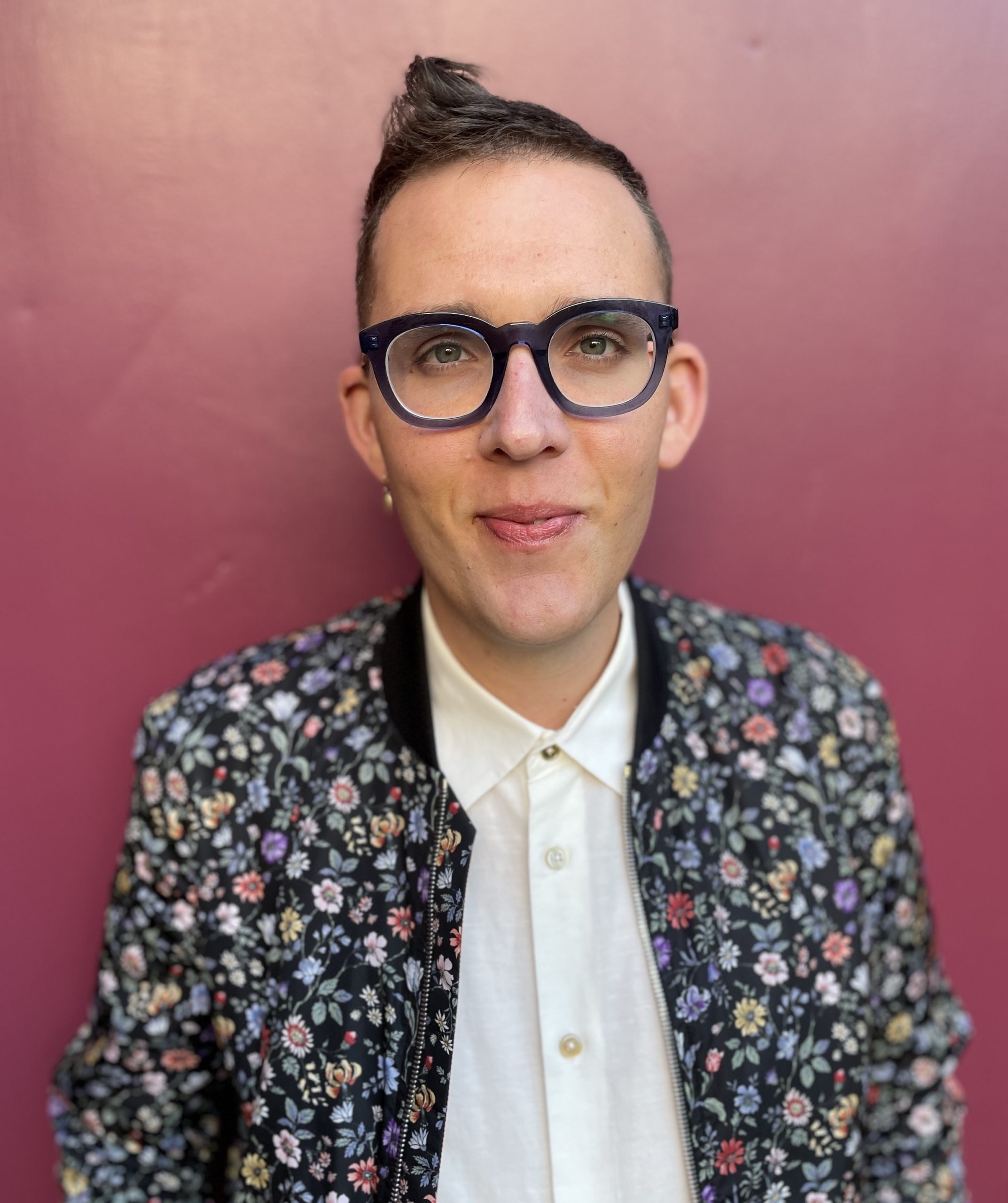2020, 2022
Bench Ansfield
- American Democracy Fellow
- Harvard University

Abstract
During the 1970s, a wave of arson devastated cities across the United States, wiping out large portions of neighborhoods home to poor communities of color. Popular memory confuses the arson wave with the 1960s uprisings. Yet these fires were lit not for protest, but for profit, most of which flowed into the ironically named FIRE industries—finance, insurance, and real estate. By asking why cities went up in flames in these years, how their fires were extinguished, and what arose in their ashes, this project casts new light on the restructuring of US cities since 1968. It explores how the rise of the FIRE industries, which eclipsed manufacturing as the engines of urban economies in the 1970s, reshaped neighborhoods of color in the aftermath of the civil rights movement. In the Bronx and elsewhere, the arson wave sparked a groundswell of community organizing that ultimately stemmed the tide of the burnings.
Abstract
During the 1970s, a wave of landlord arson ravaged cities across the United States, destroying hundreds of thousands of housing units, mostly in neighborhoods of color. Popular memory confuses the arson wave with the 1960s uprisings, yet these fires were lit not for protest, but for profit, most of which flowed into the ironically named FIRE industries—finance, insurance, and real estate. By asking why cities went up in flames in these years, how their fires were extinguished, and what arose in their ashes, the project casts new light on the restructuring of US cities since 1968. Through a study of the Bronx, I explore how the rise of the FIRE industries, which supplanted manufacturing as the engine of urban economies in the 1970s, transformed cities in the immediate wake of the civil rights movement. In the Bronx and elsewhere, the arson wave sparked a groundswell of community organizing that ultimately stemmed the tide of the burnings. From the embers of the fires arose a host of new organizational models—community development corporations (CDCs), sweat equity initiatives, and urban environmental organizations—all of which would transfigure the landscape of urban politics throughout subsequent decades.

